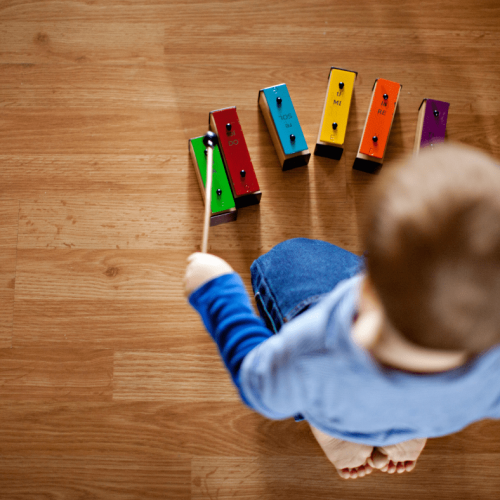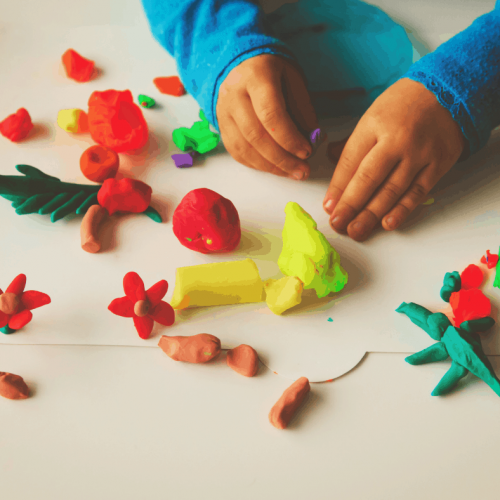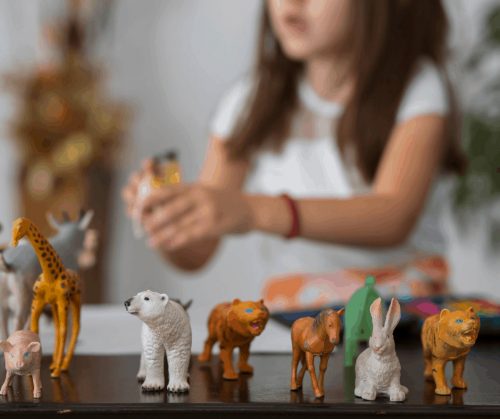Play Therapy normally takes place in a private and confidential setting where the Play Therapist sees the child on a one-to-one basis.
To provide consistency and promote safety and trust for a child, the Play Therapist will meet them on the same day, at the same time and in the same place each week for about 50 minutes.
The Play Therapist’s role is to enter the child’s world, to follow and track their play, reflecting their feelings and emotions.
This play is non-directive and child-centred allowing the child to lead the way in their play and free to choose materials and activities as they wish without having to provide verbal explanations.
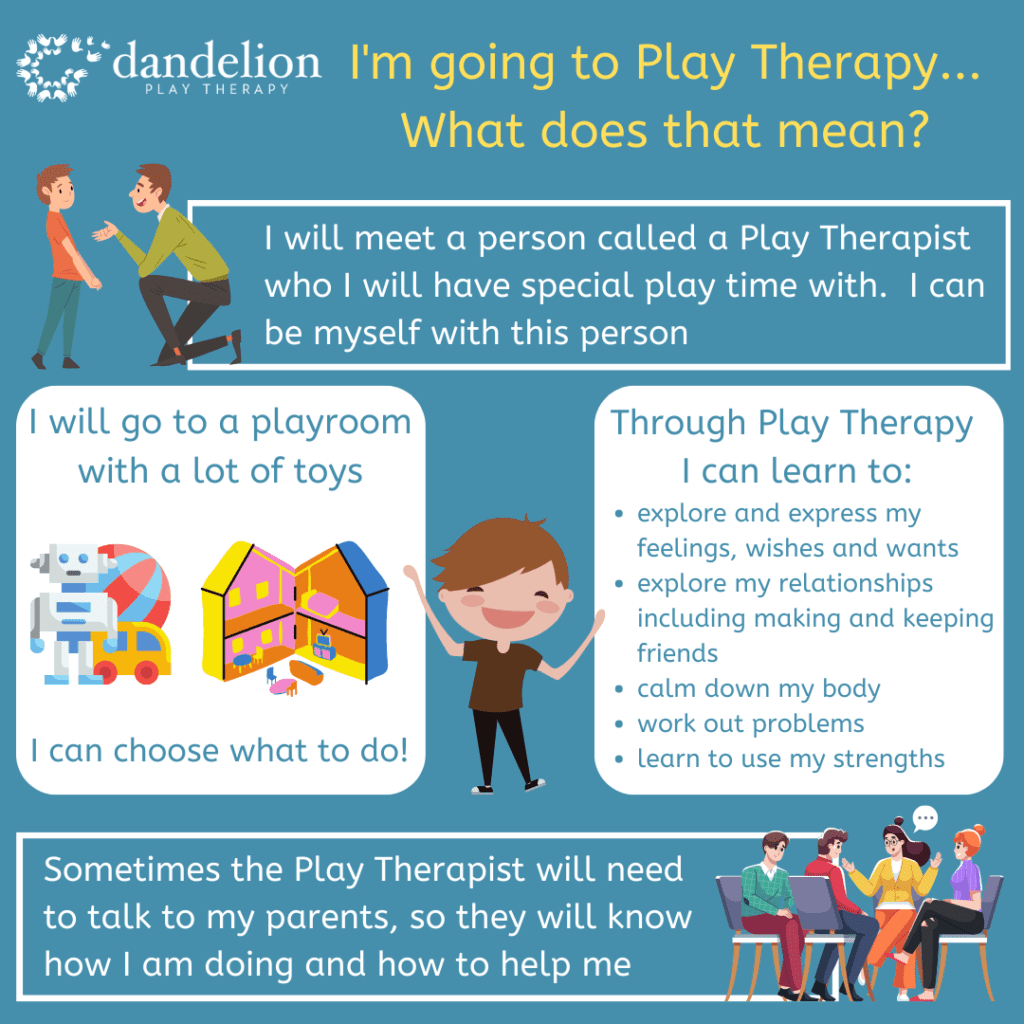
There are few boundaries in the Play Therapy sessions. The child can say or do more or less what they want. However, they may not physically hurt themselves or the Play Therapist, or purposely break or damage the toys or the playroom.

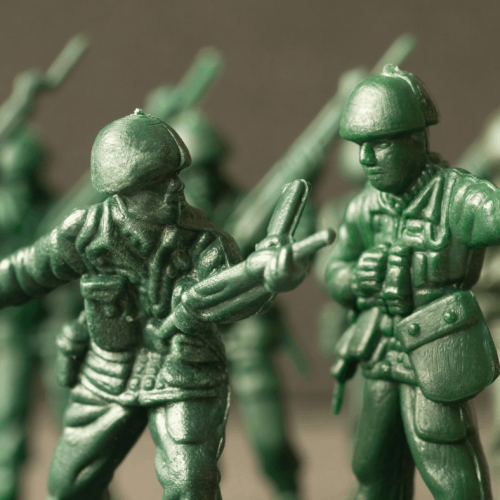

The non-directive Play Therapy technique provides a child with confidence and helps them to build trust in their Play Therapist and themselves.
During play, they have an opportunity to express deeper thoughts, ideas and wishes which allows the Play Therapist to gain valuable insights into how they experience their world.
Therefore, through the Play Therapy relationship, the child is able to make sense of their life experiences and to express difficult feelings in their play.
